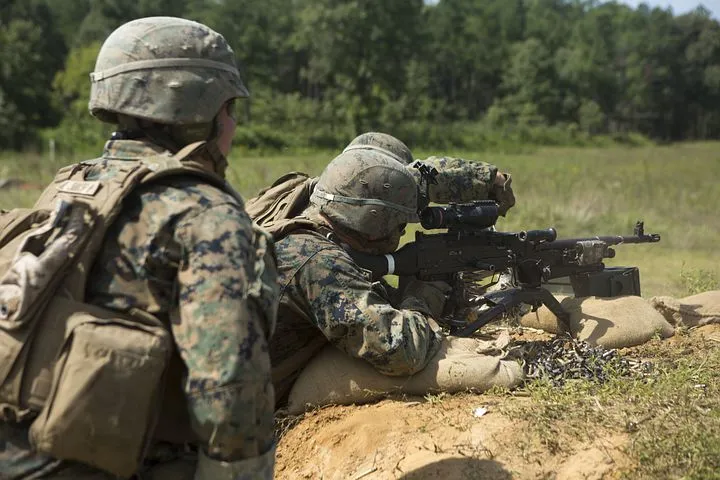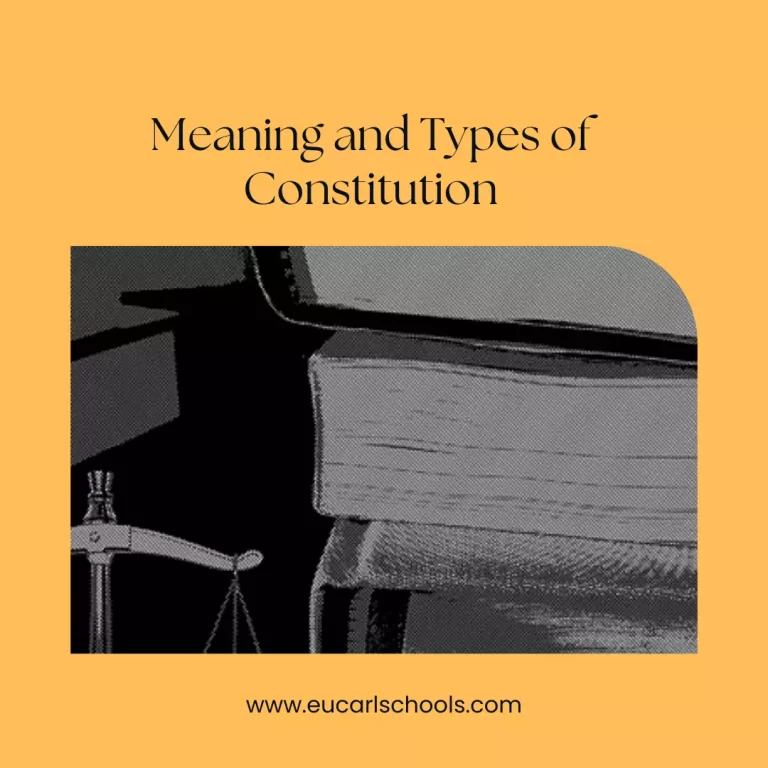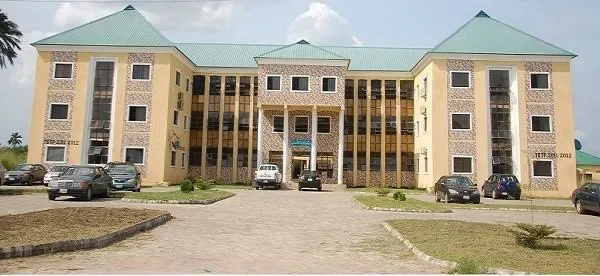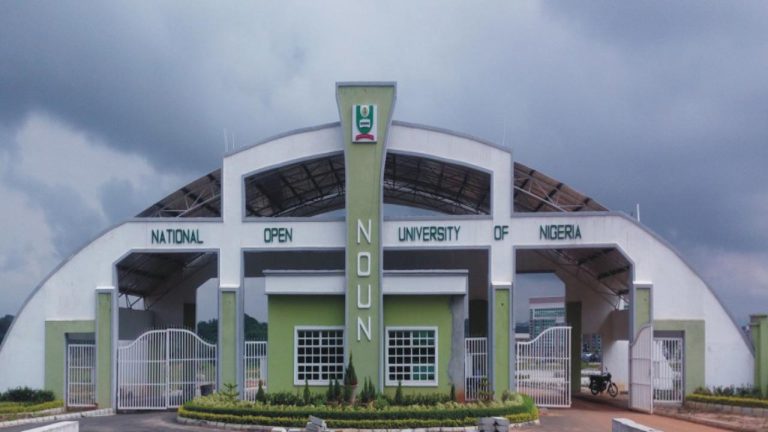Military Rule in Nigeria: Advantages and Disadvantages
Over the years, Nigeria as a nation has had a taste of different systems of government. Notably, the military rule in Nigeria stands out; after all, the independence from the British colonialists in 1960 made way for the men in the military.
It must be said that with each system of government came its peculiarities. Some could be termed as advantages, and disadvantages of the other; whichever the case was, Nigeria took a new face under every leadership system.
The systems of government that Nigerians have experienced are so many compared to their counterparts in other countries, from the precolonial era, which saw the full sway of the monarchy to the imperialism by Great Britain, even to the military system and, currently, the federal system.
Also, you must know that at different times in Nigeria, we had seen the military system of government shine like a million stars when they seized the reins of power during a state of emergency. It was only fitting, at these critical times, that coups happened to overthrow a falling leadership.
Before we get right into the thick of things, we will start with a brief history of military rule in Nigeria and then proceed to outline the advantages and disadvantages of military rule in Nigeria.

History of Military Rule in Nigeria
January 15, 1966, which is now a national holiday in remembrance of the armed forces in Nigeria, was when it all began, that is, military rule in Nigeria. It was a historic event in Nigeria because that was when a group of young military personnel led by Colonel Chukwuebuka Nzeogwu plotted a coup to remove the president at the time, Sir Ahmadu Bello.
The Northern ruler was Nigeria’s first republic civilian president, and the NPC-NNDP government was only three years old before the military overthrow happened, which led to the untimely death of many of the country’s leaders at the time.
This coup set the balls rolling for military rule in Nigeria, which lasted for nearly thirty-three years until 1999, the election of Olusegun Obasanjo as a civilian president changed the order of things in the Nigerian political landscape.
In that thirty-three-year of dominance by the military system of government in Nigeria, we have had eight military personnel occupy the highest seat of power in our nation, Nigeria, which are:
Major General Aguiyi Ironsi (January 16, 1966 – July 29, 1966)
General Yakubu Gowon (August 2, 1966 – July 29, 1975)
General Murtala Mohammed (July 29, 1975 – February 13, 1976)
General Olusegun Obasanjo (February 14, 1976 – September 30, 1979)
Major General Muhammadu Buhari (December 31, 1983 – August 27, 1985)
General Ibrahim Babangida (August 27, 1985 – August 26, 1993)
General Sani Abacha (November 16, 1993 – June 8, 1998)
General Abdulsalami Abubakar (June 9, 1998 – May 29, 1999)
Advantages of Military Rule of Government
You probably would be concerned about how such a system of government, like the military system, has advantages. Well, irrespective of how self-imposing the military rule in Nigeria can be, the truth remains there are a handful of advantages we could bear. Some of them are:
Absence of Bureaucratic Operations
We can’t deny that if there are any failings of civilian government, bureaucracy trumps them all. The difficulty of approval and execution of meaningful and beneficial projects and policies integral to overall national development is a recurrent theme with the democratic system or any other system of government like the confederal system of government.
With the military rule in Nigeria, things are a lot different; decisions are centralized, unlike how they are fragmented across different leadership tiers. This way, important decisions are taken in time.
Cost of Governance
If there is anything that has plagued the civilian administration here in Nigeria, indeed, it is the high salaries that political officeholders are placed on. This is a stark contrast to the military system of government, where the offices aren’t as many as in the democratic system.
Meritorious Service
With Nigeria being home to so many ethnic groups, you can expect the issue of tribalism and nepotism to come up from time to time. This conversation, unfortunately, isn’t limited to day-to-day activities; the political sphere has had its ordeal with tribalism. The reverse is the case with the military rule; projects are often given to people based on their competence and not ethnic loyalty.
Spurred Development
History has shown that the next civilian president, immediately after any military system of government, tends to do well. The reason isn’t difficult to understand because the general displeasure with the military system sponsors a good reaction by the civilian president so that they don’t return to such rule.
Disadvantages of Military Rule of Government
It must be said that the disadvantages of the military system of government are much more relatable by many than the advantages. So, in the subsequent paragraphs, we will look at some of the disadvantages associated with military rule in Nigeria.
No Periodic Election
One of the political rights that citizens are entitled to be the right to vote and be voted for; during military rule, these rights aren’t respected. The implication would be, therefore, that there is no change in government even when the citizens are being treated unjustly and unfairly.
This dire situation gives birth to a lack of accountability by military personnel. The citizenry can only hope for a coup to overthrow the evil military regime.
Disrespect for Fundamental Human Rights
Every citizen of a country or human residing in that country is entitled to privileges known as fundamental human rights. The written constitution protects this in Nigeria. However, for the military system of government, there is no respect for the constitution of the land; they operate based on edicts or dictates, which often infringe on these human rights.
Absence of Checks and Balances
In any democratic system of government, there are what is known as checks and balances among the three arms of government, namely the executive, judiciary, and legislature.
Even though the functions and powers of the executive appear to outweigh the others, no arm is superior to the other because there exists accountability among them. In the military system of government, the military leadership acts on their whims.
No Respect for the Rule of Law
Rule of Law, as A.V. Dicey defines it, is the supremacy of the law over every citizen. It simply states that no one is above the law, including those who are governmental officials. But, such isn’t the case in military rule in Nigeria. For example, the dictators in Africa can do and undo with no respect for what the law says.
Conclusion
Generally, the military system of government isn’t exactly a legitimate government, and this illegitimacy isn’t only seen in Nigeria and other African countries. In 1963, Gabon became the first African country to experience a significant coup.
Over the years, we have seen this military rule across other nations in Africa and the world spread with its attendant advantages and disadvantages.






